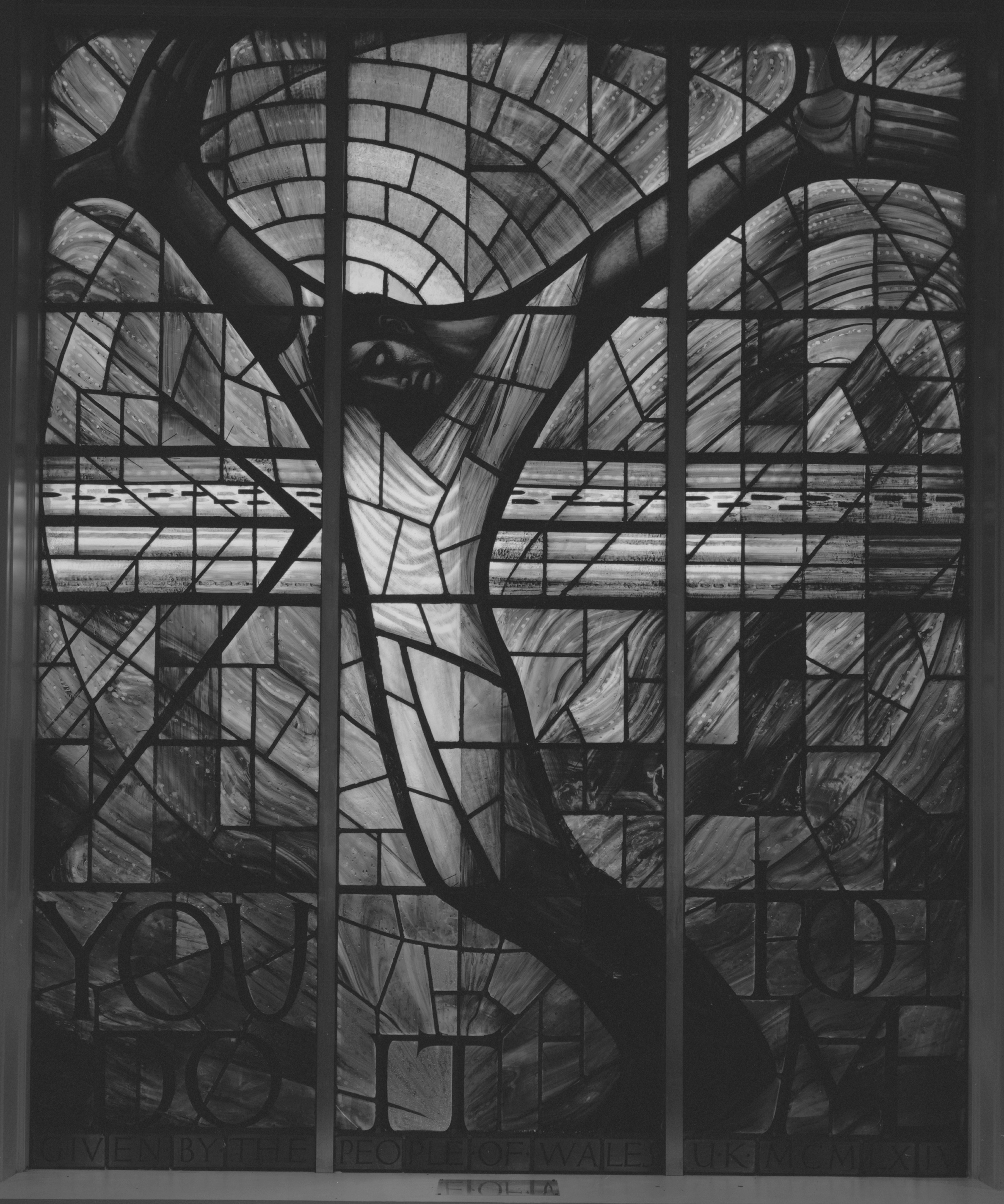The crime stunned the nation.
Preaching at their eulogy service, Dr. Martin Luther King proclaimed:
[These children] are the martyred heroines of a holy crusade for freedom and human dignity. And so this afternoon in a real sense they have something to say to each of us in their death. . . . They say to each of us . . . that we must substitute courage for caution. They say to us that we must be concerned not merely about who murdered them, but about the system, the way of life, the philosophy which produced the murderers [emphasis supplied]. Their death says to us that we must work passionately and unrelentingly for the realization of the American dream.
(Source: http://www.drmartinlutherkingjr.com/birminghamchurchbombingeulogy.htm )
Dr. King was right. Citizens were shocked into action. This watershed event galvanized support for passage of milestone legislation, the Civil Rights Act of 1964.
Dr. King was right. Citizens were shocked into action. This watershed event galvanized support for passage of milestone legislation, the Civil Rights Act of 1964.
On December 14, 2012, not four but twenty four lives were hewn down by a murderous gunman. The nation was shocked.
But should anyone really have been surprised? Our society treats each rampage as if it were a shocking discrete event, but they are not rare. Like the dripping of a faucet, the blood of children runs every day. So accustomed are we to it, that we ignore the sound as it splatters in the wash bin of our daily news:
As a society, we know these things yet do nothing to stop these clearly foreseeable and preventable deaths. Already, Sandy Hook is yesterday's news. While many families lives were changed forever, for most it was just one more titillating bit of emotional stimulus in the never ending news feed, added to the news reel we can recite as if it were a movie playlist: Columbine, Virginia Tech, Fort Hood, Oak Creek, Aurora, New Town, Sandy Hook. Who could pretend to be surprised?
- In 2008 and in 2009, the number of preschoolers killed by guns was nearly double the number of law enforcement officers killed in the line of duty in that same time period.
- The 5,740 children and teens killed by guns in 2008 and 2009 would fill more than 229 public school classrooms of 25 students each.
- The 5,740 children and teens killed by guns in 2008 and 2009 was greater than the number of U.S. military personnel killed in action in Iraq andAfghanistan.
As a society, we know these things yet do nothing to stop these clearly foreseeable and preventable deaths. Already, Sandy Hook is yesterday's news. While many families lives were changed forever, for most it was just one more titillating bit of emotional stimulus in the never ending news feed, added to the news reel we can recite as if it were a movie playlist: Columbine, Virginia Tech, Fort Hood, Oak Creek, Aurora, New Town, Sandy Hook. Who could pretend to be surprised?
Will the un-surprising events of December galvanize this nation rise to the moral challenge of confronting gun violence and death? Will we, as Dr. King urges, have courage to face down the issues and have an honest dialogue as a society, without the hyperbole and paranoia? Or will the people of this nation -- its citizens, its religious clergy, its politicians, its policy makers -- just rock along as if nothing has happened? How long will we continue to allow a "well regulated militia" kill nearly 3,000 children per year in our country? If we are not willing to do anything about it, who could actually claim to care that these children have been killed?
Stained glass window at the 16th Street Baptist Church in Birmingham, Alabama, erected in memoriam following the 1963 bombing of the church, using funds donated by the people of Wales. Photographer Jeff Lowe, Public Domain
In 1963, the nation had leadership who were willing to see the injustice and to muster the courage to confront the evil of racial hatred and economic injustice. Theirs was not always a popular position to take, especially for citizens in the Deep South where cultural traditions were deeply embedded. But it was the right position. It was the direction pointed to by the moral compass of justice. Sometimes to follow the right path means being clear and open minded, to be willing to see things in a different way, and to be willing to take a different path than one might have otherwise gone. Sometimes this involves taking a road less traveled.
May we have faith to to share the visionary sight of Dr. King. May we echo the words he spoke in that eulogy in Birmingham in 1963:
[T]hey did not die in vain. God still has a way of wringing good out of evil. And history has proven over and over again that unmerited suffering is redemptive. The innocent blood of these little [children] may well serve as a redemptive force that will bring new light to this dark [nation]. The holy Scripture says, "A little child shall lead them." The death of these little children may lead our whole [nation] from the low road of man's inhumanity to man to the high road of peace and brotherhood.
What path, my friend, will you take?
Demand a plan to end gun violence!
Sign the petition here: http://www.demandaplan.org/
I would like to thank the Rev. Lawton Higgs (a man from Birmingham, Alabama, who lived through those times and whose blog is at http://lawtonhiggssr.blogspot.com ) for leading me to the quote from Dr. King which inspired this blog post.


No comments:
Post a Comment
Thank you for your comment!